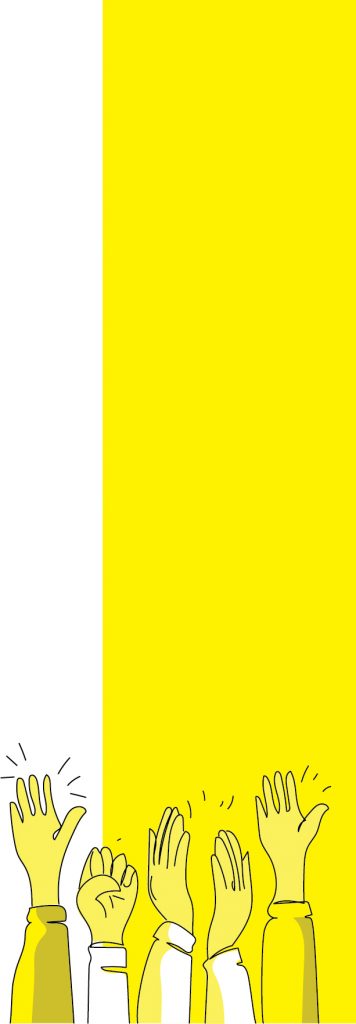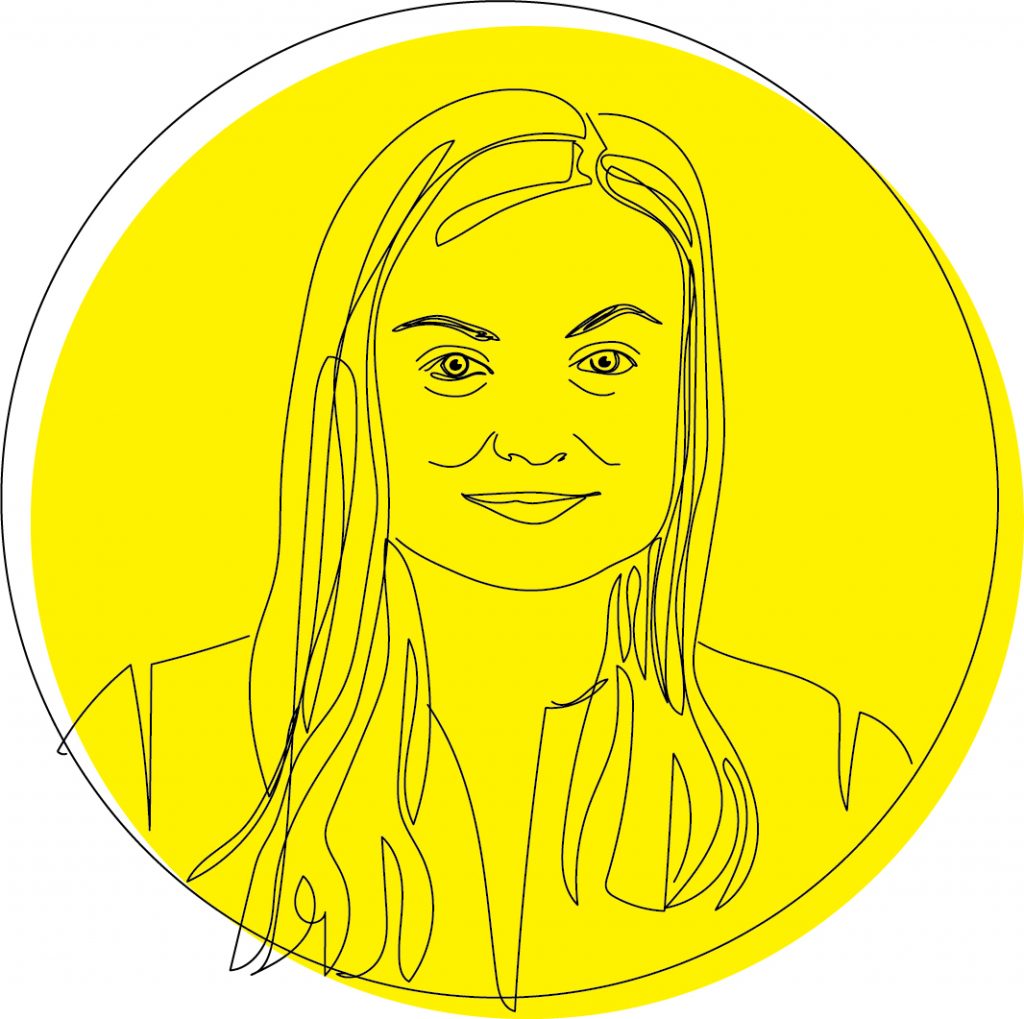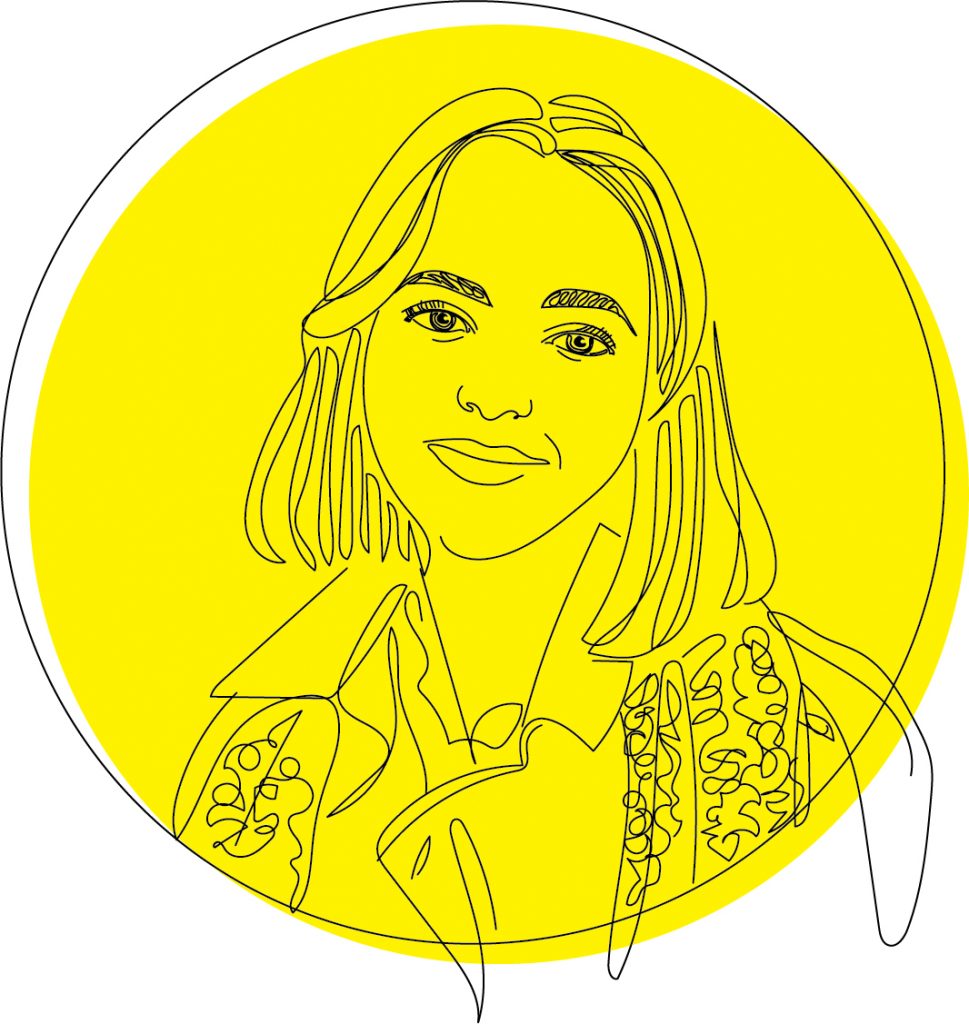On 1 December 2022, Brussels-based NGO Promote Ukraine, under the patronage of the then President of the European Economic and Social Committee Christa Schweng, and with the support of the Konrad-Adenauer-Stiftung, organised the European Advocacy Forum – Ukraine Leads. The Forum brought together Ukrainian civil society organisations from 14 EU countries to discuss challenges and best practices of advocacy and actions in support of Ukraine.
The project benefited Ukrainian society at large, and more specifically, the Ukrainian Civil Society in Brussels and within Europe. The Forum provided the temporarily displaced Ukrainian Civil Society and Ukrainian CSOs based in Europe with a platform for networking and advocacy in Brussels while connecting them to the European policy and decision-makers, donors, expert communities, and like-minded European peer organisations.
During the Forum, participants identified and discussed common challenges and solutions, as well as best practices they face in their advocacy work. Russian propaganda, human resources and finances, and lack of networking and coordination among civil society were among some of the challenges that were identified and presented to the participants. Volunteer burn-out and lack of full-time employment opportunities within Ukrainian civil society in the EU was an especially poignant topic.
Furthermore, participants also shared the best practices of their organisations and Ukrainian civil society in a broader sense. The delivery of weapons to Ukraine is an example of how joint advocacy efforts by the Ukrainian government and civil society are making a real difference in this war. During the strategic session, participants also presented best practices of cooperation with the national governments and local authorities, as well as examples of creative fundraising.
The participants of the Forum also discussed possible joint solutions to the identified challenges. Thus, it was proposed to create a Telegram channel on the major Russian narratives and involve influencers in the destruction of Russian myths and propaganda. A representative of an Italian NGO spoke about the importance of repeating the message “no peace without weapons” in different EU countries. In addition, it was proposed to organise an annual forum to help coordinate the efforts of Ukrainian civil society organisations. Regarding the problem with human resources, the proposed ideas included the professionalisation of HR practices, as well as the signature of volunteer contracts to professionalise relations with the organisation.
The first day of the Forum was followed by meetings between participants and the representatives of European institutions to establish cooperative relations and discover the opportunities European institutions provide to facilitate the work of civil society. Thus, the Ukrainian CSOs were introduced to the Support Group for Ukraine in the European Commission, Ukraine Division, and East StratCom Task in the European External Action Service.
According to the results of the survey conducted during the forum, it was found that respondents are interested in further discussions on the organisation of the annual European Advocacy Forum in Brussels under the patronage of European institutions. Furthermore, the participants were also interested in regular meetings besides the Annual Forum to share best practices and challenges and to agree on common actions. During the survey, participants also had the opportunity to describe their experience at the Forum in one word. Thus, respondents considered Ukraine Leads: European Advocacy Forum as “interesting,” “knowledgeable,” “exchange of experience,” “networking,” “forward-looking,” etc.
Anna Pattermann, the founder of Unlimited Democracy – Verein zur Förderung der Demokratisierung (Austria), described her experience in Ukraine Leads: European Advocacy Forum in the following way: “Hours have we talked about our main challenges and best practices in order to become united, stronger and more effective! … So much insight and knowledge exchange!”
“This forum in Brussels is a good opportunity for us to gain experience and inspiration from the results of Ukrainian Civil Society in European countries to continue our work in Prague at the highest possible level,” said leaders of the initiative Hlas Ukrajiny in the Czech Republic Yaroslava Burko and Anastasia Signayevska.
Alina Zubkovych, director of Nordic Ukraine Forum (Sweden), stressed, “Promote Ukraine, Brussels has done incredible work in bringing together organisations that advocate for Ukraine. Lots of meetings, conversations, ideas, and experiences.“
According to the above feedback from the forum participants, we can conclude that the European Advocacy Forum – Ukraine Leads was a step towards strengthening networking and further cooperation between the organisations to enhance advocacy of Ukrainian interests within Europe.
As a next step, Promote Ukraine presented some ideas for a digital platform that would unite all Ukrainian and foreign organisations working on the victory of Ukraine from abroad in one place. The digital platform is meant to gather information on the presence of Ukrainian CSOs, their contact details, and their description of activities which will help fellow CSOs, NGOs, think tanks, and private and institutional actors to have easier access to a verified Ukraine Leads network. As a result, Promote Ukraine hopes it will facilitate the continuation of sharing best practices, coordination, and advancing work of Ukrainian civil society in defending Ukrainian interests in the EU. The launch of such a platform is planned for November 2023.
Looking ahead, the second edition of the European Advocacy Forum, scheduled for 9 November 2023, will center on the upcoming European elections. The event will kick off with an opening ceremony, followed by four panels. The first one will address the current state of democracy and its challenges, emphasising the role of civil society organisations and EU accession/enlargement. Panel two will evaluate the security landscape, its impact on EU-Ukraine relations, and collaborative approaches to tackle security challenges. The next session will explore economic opportunities and challenges in EU-Ukraine relations, including trade and investment cooperation and economic integration. The last discussion will focus on the establishment of an international tribunal to address Russia’s war crimes, discussing human rights violations and the pursuit of accountability.

This forum will continue to play a role in strengthening ties, fostering dialogue, and ultimately advancing the interests of Ukrainian civil society both in Europe and on the international stage.


Text written by Yana Brovdiy and edited by Liza Bezvershenko






 UA
UA FR
FR DE
DE




